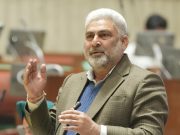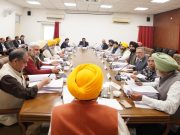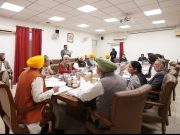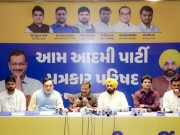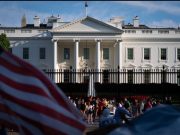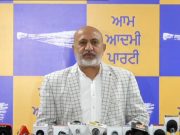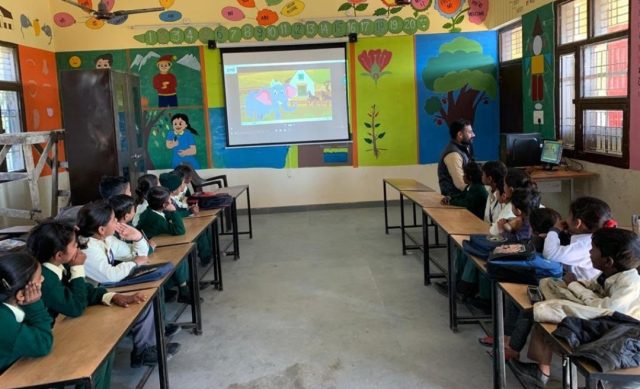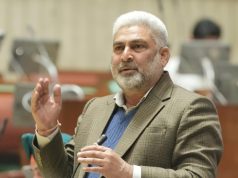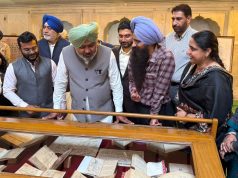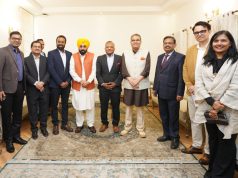Punjab E News: Under Chief Minister Bhagwant Singh Mann’s leadership, Punjab is entering a new era of smart governance and digital empowerment. The state is now leading the nation in innovative thinking and honest administration. Using a robust digital infrastructure, Punjab has launched a historic initiative to integrate Artificial Intelligence (AI) into government school education. This isn’t just about modernizing classrooms—it’s a mission to prepare students for a rapidly changing digital world and transform them from job seekers into job creators.
The goal of integrating AI into education is to bridge the gap between traditional methods and modern global practices. The Punjab School Education Board (PSEB) has begun creating a comprehensive AI system for students and teachers across the state. The curriculum being developed for Classes 6 to 12 will include AI ethics, coding, robotics, data literacy, and Sustainable Development Goals (SDGs). It won’t be limited to textbooks—students will receive practical, project-based learning. They’ll benefit from books, workbooks, digital tools, and co-curricular activities like AI hackathons, coding competitions, and science fairs. All materials will be available in both English and Punjabi.
As the new AI curriculum for students takes shape, the Punjab government is also fully preparing teachers for this major transformation. A blended training program is being conducted, combining online modules and in-person workshops. Teachers will receive both basic and advanced level training. Importantly, they’ll learn modern teaching methods focusing on project-based and inquiry-based learning, so students learn by doing rather than just reading. Upon completion, teachers will receive certificates and periodic refresher courses to stay updated with the AI world. This ensures our teachers can properly use AI to guide students in the right direction and prepare every Punjab classroom for the future.
Punjab is completely ready for this transformation. The state has one of the strongest digital infrastructures in the country. Of 19,243 government schools, 18,391 have functioning computers—a 95.6% coverage rate. This is among the highest in the nation, as shown in Education Plus (UDISE+) 2024-25 data. In comparison, only 31.9% of schools in Haryana and 34.2% in Himachal Pradesh have such facilities. Nearly 17,150 schools (89.1%) are equipped with smart classrooms featuring digital boards, virtual classrooms, and smart TVs. By comparison, only 42.6% of schools in Haryana and 48.1% in Himachal have smart classrooms. Laptop availability stands at 9.8%, far ahead of Haryana (2.1%) and Himachal Pradesh (1.9%). This strong digital foundation ensures Punjab students will easily adopt AI education and learn essential digital skills right from the classroom.
This entire plan will be implemented gradually over the next three years. In selected schools, students will learn not from textbooks but through practical, project-based work. To make learning easier, they’ll receive necessary software, digital platforms, and Learning Management Systems (LMS).
Additionally, alongside studies, there will be events like AI hackathons, coding competitions, and science fairs. This will boost students’ innovation and creativity. The government clearly states that CM Mann wants AI education to enhance students’ thinking and problem-solving abilities. This initiative aims to create youth who don’t just ask for jobs but provide employment to others and take Punjab forward globally.
By integrating AI into schools, the Mann government is not only giving students advanced technical skills but also enhancing their critical thinking, problem-solving, and innovative capabilities. This initiative shows that the Punjab government wants to use honesty and technology properly to provide good facilities to everyone. Now development in Punjab isn’t limited to roads and buildings—it’s time to create new opportunities and empower youth so they can take Punjab ahead on the world stage.


